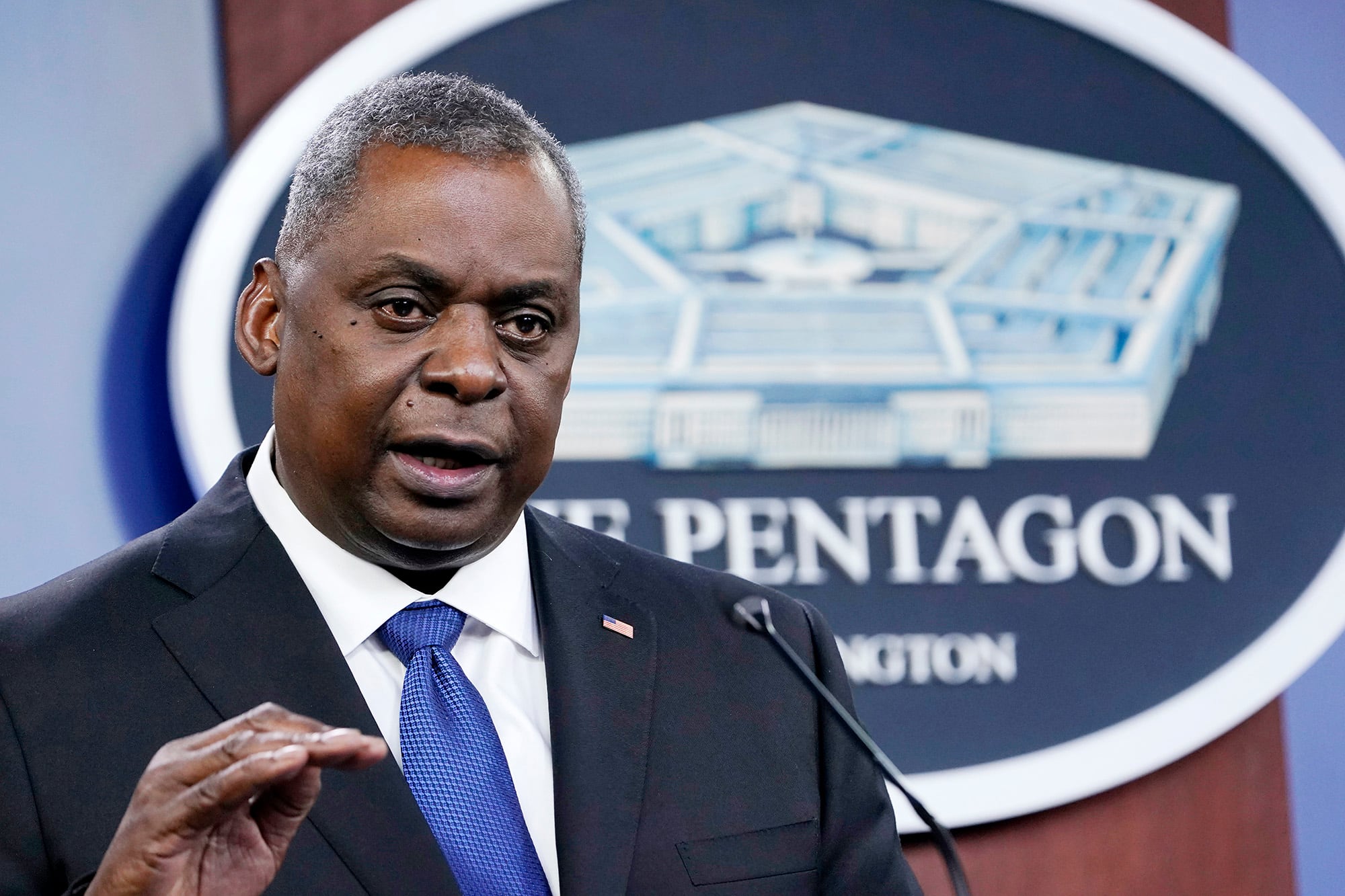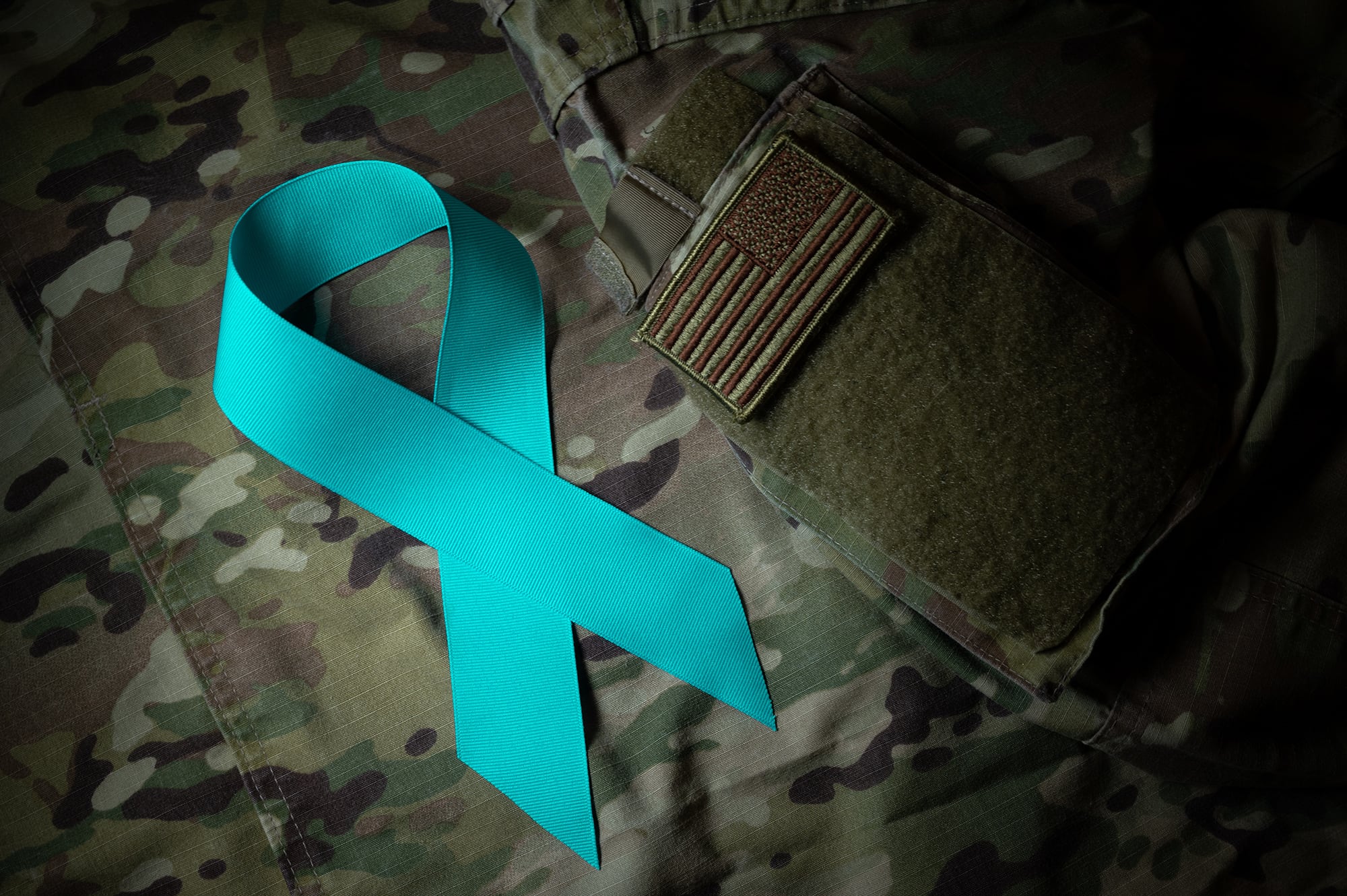Congress is on the verge of enacting a major change to the military justice system: stripping the authority from high-level military commanders to decide when sexual assault crimes should be sent to trial by court-martial. Instead, this authority will be shifted to military lawyers.
While this may seem like a logical measure to improve the military’s response to these terrible crimes, it is anything but. In fact, almost all credible studies of the problem of sexual assault in the military point to a very different conclusion: that this change is more symbolic than necessary. Symbolism, of course, can be positive. But what is troubling is that from the perspective of future victims of sexual assault this change might actually make it less likely their cases will ever see the inside of a military courtroom.
Anyone following this story knows that advocates for this change have finally broken through long-standing Department of Defense (DoD) resistance. A filibuster-proof majority of senators makes it significantly more likely that the Military Justice Improvement and Increasing Prevention Act (MJIIP) or the recently-reintroduced I Am Vanessa Guillén Act will be enacted into law. Each proposed bill aims to “fix” the problem with sexual assault in the military by taking commanders out of the prosecutorial equation.
RELATED

So, what explains this seismic shift manifested most notably with Chairman of the Joint Chiefs of Staff Gen. Mark Milley’s announcement that he no longer opposes this change? Have senior military leaders suddenly realized that high-level commanders can’t be trusted to exercise this authority; or do they now believe this shift is in the best interest of military discipline? Not likely. And why should they, when almost all the information available to them (and to Congress) indicates that commanders are more willing to send hard cases to trial than their civilian counterparts.
The most persuasive answer is that the distorted narrative of high-level command indifference to sexual assault victims, coupled with the current political climate, indicates a futility in continued opposition. Or, more simply, the intense congressional and media attention surrounding the sexual assault issue over the past decade has created an environment where commanders are damned if they do and damned if they don’t when it comes to these cases. Therefore, why should they continue to fight to retain this authority?
Congressional concern for victims of sexual assault in the military is unquestionably laudable. But Congress is focused on the wrong end of the command pyramid. As the recent report from Fort Hood indicates, this problem is rarely the result of prosecutorial reticence among generals and admirals entrusted with the authority to send cases to trial. Instead, the true locus of the problem lies at the base of the pyramid and the failure of junior leaders to credibly discharge their duties to prevent and credibly respond to sexual assault in the ranks. By distorting this reality, Congress appears ready to tie the tourniquet around the limb that isn’t bleeding believing it will cure the wound where it exists.
Almost all military justice experts who have worked within the system share a common experience: senior commanders who refuse to allow acquittal aversion to negatively influence their decisions on whether to send tough cases to trial. Indeed, many current and former staff judge advocates — the military lawyers who advise commanders on the strength of a case and whether to send it to trial — have had the experience of their commander ordering a case to trial knowing full well the probability of success was minimal. These decisions were not dictated by the odds of victory. Instead, what mattered was that there was sufficient credible evidence a serious crime occurred. And ironically, the high number of acquittals in these difficult cases — a statistic critics of the military system cite as evidence of its failure — corroborate the fact that commanders entrusted with this authority rarely shy away from tough cases. A law premised on the assumption commanders are incapable of making this hard choice is deeply flawed, especially because commanders don’t make these decisions in a vacuum. They do so in close coordination with their military lawyers; ironically the same lawyers who Congress believes are somehow better-suited to make these decisions.
The proposed legislation is premised on the assumption that the sexual assault problem will be cured by shifting the prosecution decision to a career military lawyer. But this assumption is dubious at best. Unlike senior commanders, military lawyers — like their civilian counterparts — are instinctively more susceptible to acquittal aversion. In systems where attorneys make prosecutorial decisions, conviction rates are generally much higher. This is rarely due to the quality of the advocacy. It’s primarily due to the quality of cases. Why anyone thinks that a career military lawyer will be more inclined to send complex and hard-to-win cases to trial is perplexing; such cases are “no billed” all the time by civilian prosecutors. The proposals also mistakenly assume military lawyers are immune from the subtle influences of public perception and careerism.
There is no question that pursuing hard cases should not be driven by political pressure or the interests of career advancement no matter who exercises prosecutorial discretion. But there is simply no basis to conclude that a career military lawyer will be better insulated from these pressures or more inclined to send challenging cases to trial. This is why this “solution” may in fact lead to more cases being dismissed than would otherwise be sent to trial through the existing process of coordinated commander/lawyer decision-making. Indeed, a better title for this legislation might be the “Be Careful What You Ask For Act.” Why Congress believes this will improve victim confidence in the system is perplexing.
Ultimately, it is unlikely that anything Congress is proposing will fix the problem they originally set out to resolve — for the military to better protect the victims of sexual assault and purge such misconduct from the ranks. Advocates may characterize this change as a panacea, but it is more likely to produce outcomes that are similar to federal and state jurisdictions: conviction rates will go up because trial of the hard cases will go down. Congress should therefore reconsider these deeply flawed assumptions; it needs to release the tourniquet and focus on the right wound, even if it’s harder to identify.
Maj. Jordan Stapley is an associate professor of military criminal law at the U.S. Army Judge Advocate General’s Legal Center and School, Charlottesville, Virginia. The opinion expressed is personal and does not necessarily represent the views of the Department of Defense or Department of the Army and is not made in his official capacity.
Geoffrey S. Corn is the Gary A. Kuiper Distinguished Professor of National Security Law at South Texas College of Law Houston and a retired U.S. Army lieutenant colonel.
Editor’s note: This is an op-ed and as such, the opinions expressed are those of the author. If you would like to respond, or have an editorial of your own you would like to submit, please contact Military Times managing editor Howard Altman, haltman@militarytimes.com.





